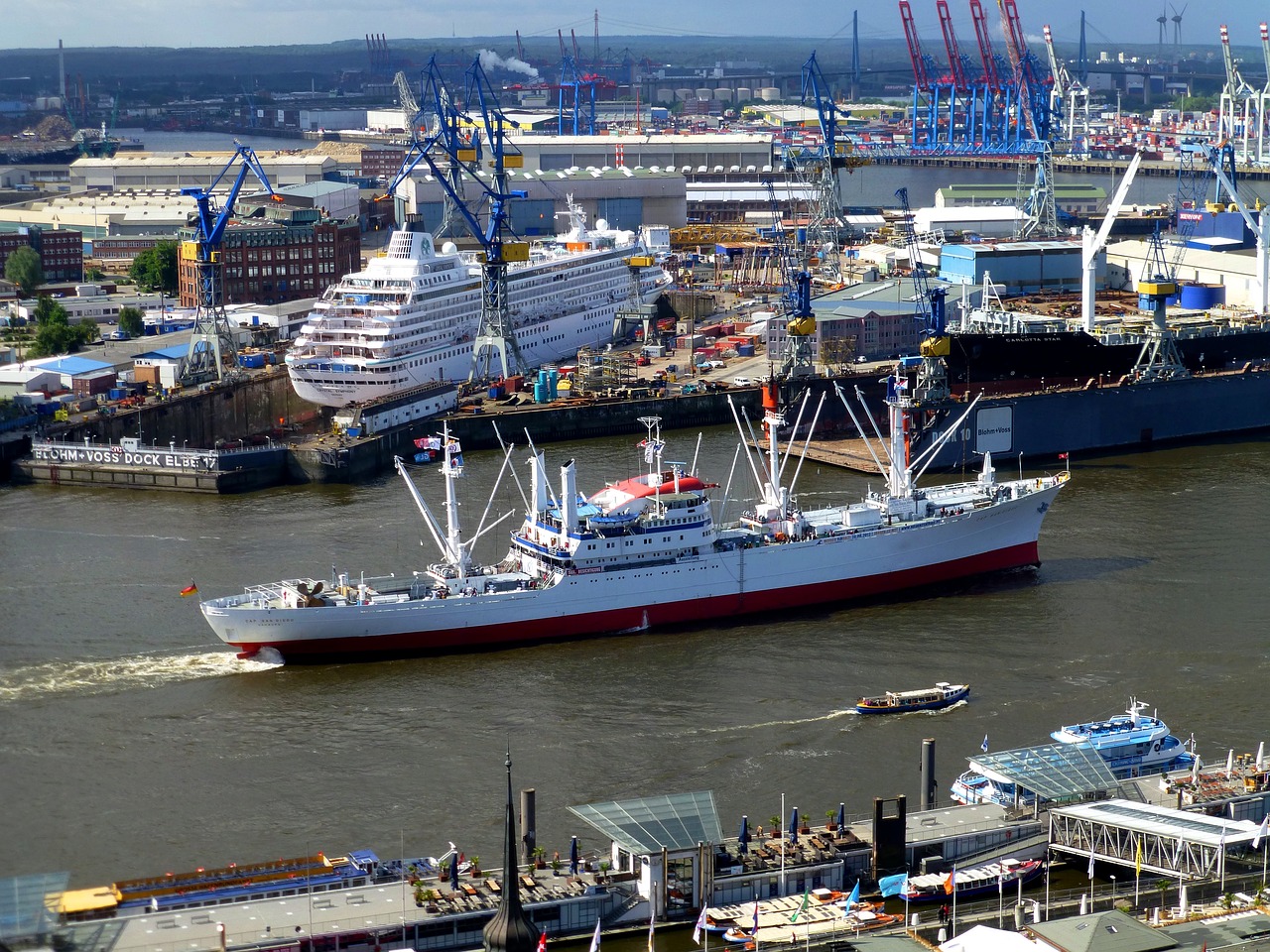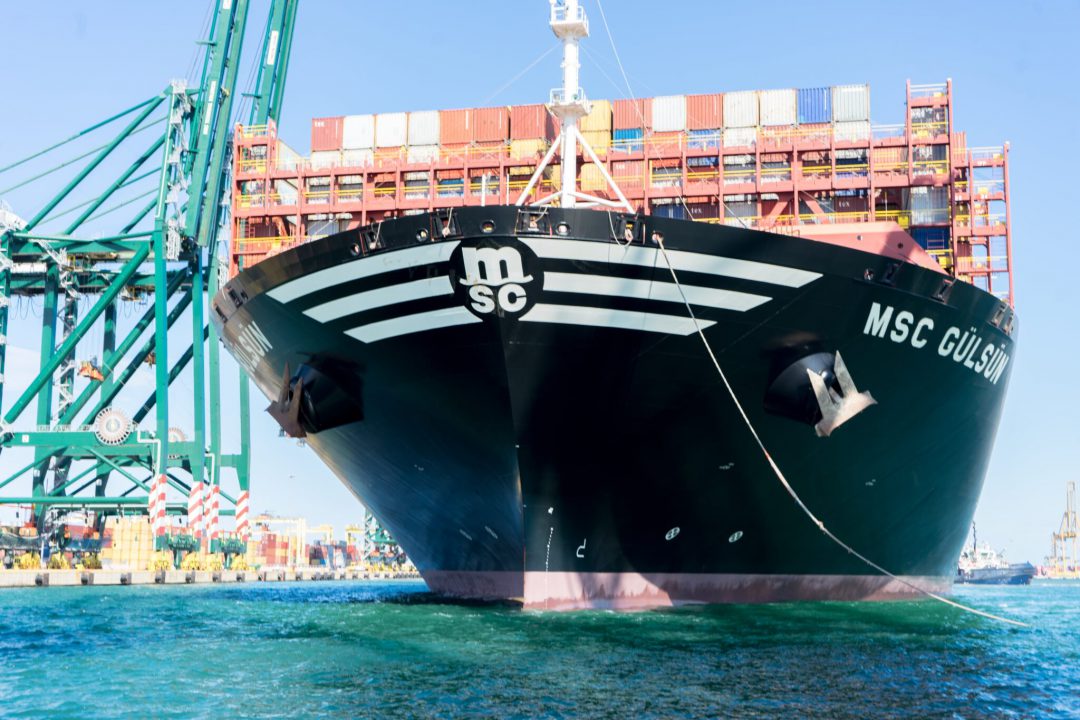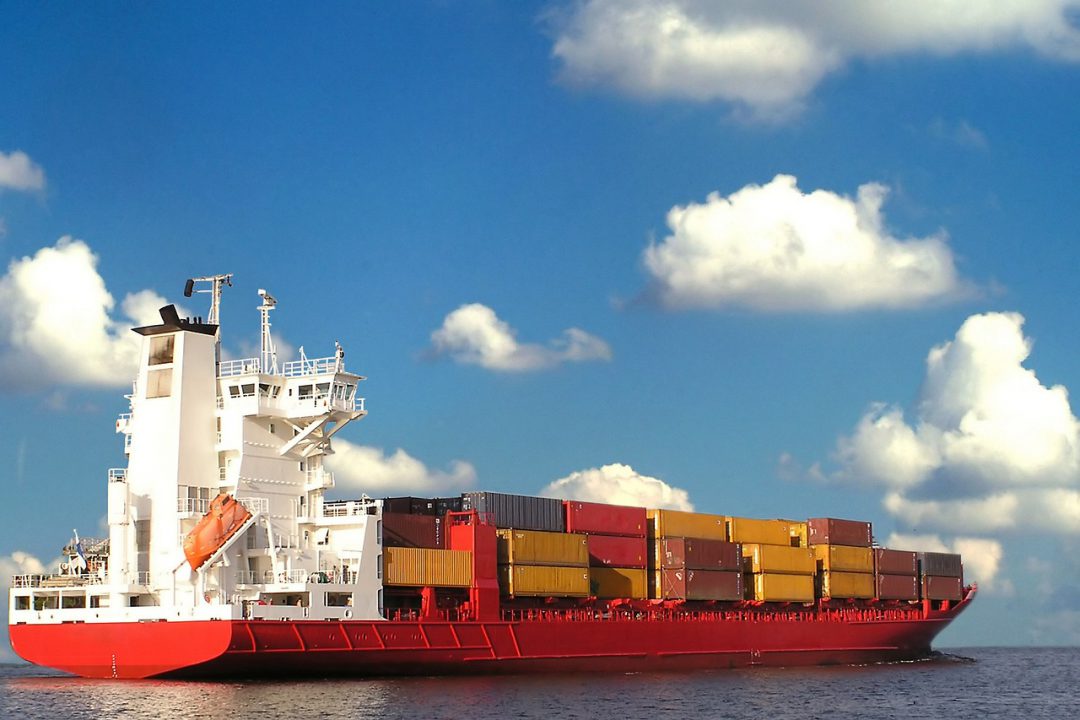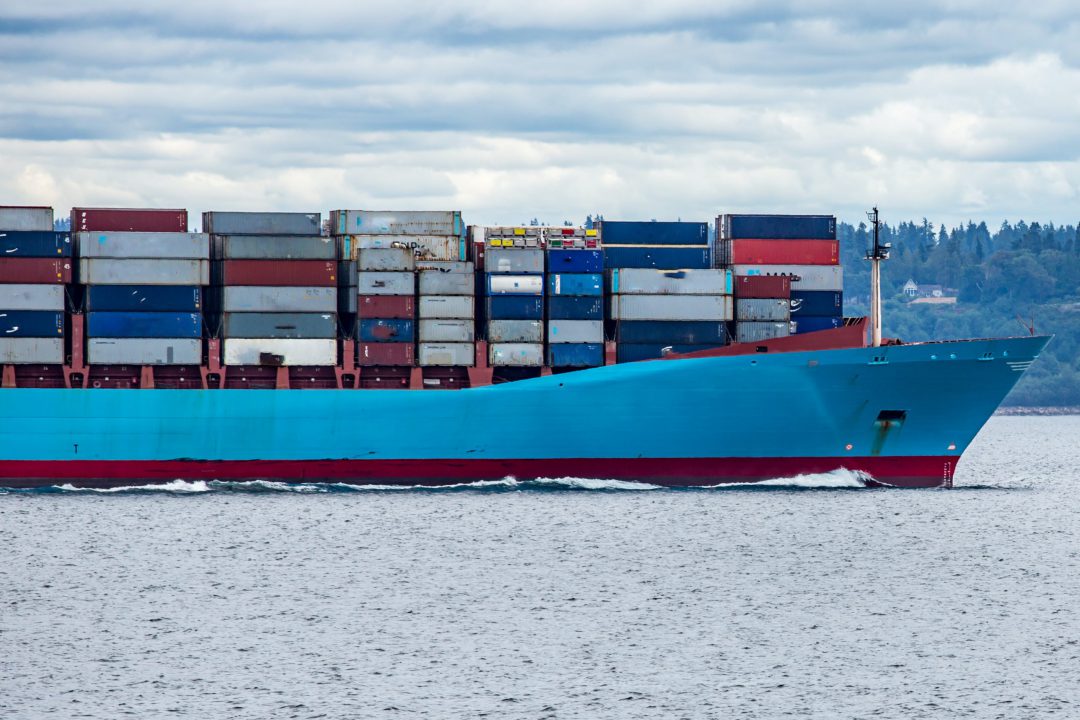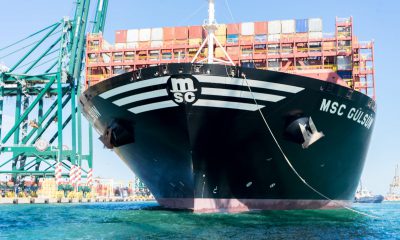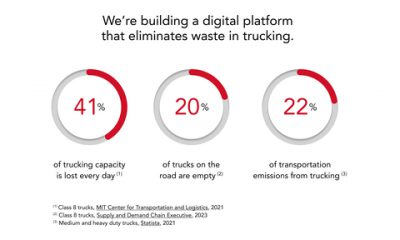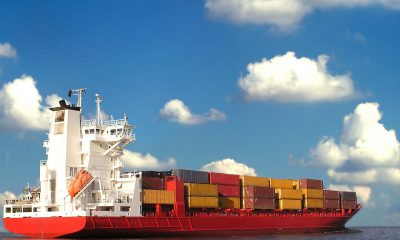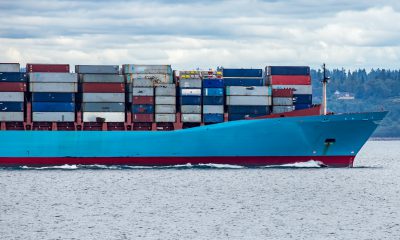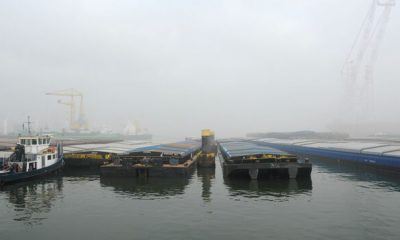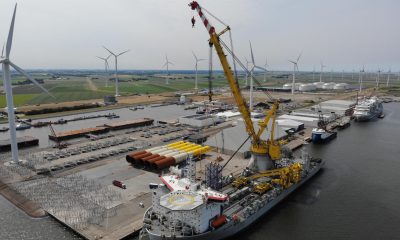Eleven projects to help promote technological innovation in UK Maritime have been awarded £1.5m as part of the Technology and Innovation in UK Maritime Call.
The Maritime Research and Innovation UK initiative supported by the Department for Transport, will help develop technological innovation that improves UK Maritime services and operations.
The Maritime sector is set to undergo significant changes as technology revolutionises the way it operates, and as environmental concerns create new and more demanding requirements for the industry.
In January 2019 the government published Maritime 2050, a long-term vision for the future of the UK sector, which includes a commitment to strengthen maritime innovation and maximise the benefits from new maritime technology. From this, the Technology and Innovation in UK Maritime Route Map was developed.
The Call was launched in September 2019, with organisations from across the UK able to apply for grants to develop mid-TRL (TRL 3-7) technologies.
Out of 59 submissions, 11 were selected for funding by independent reviewers. Criteria included their strategic fit with Maritime 2050 and its Technology and Innovation Route Map, value for money, innovation, and benefits to maritime operations and services.
The following organisations were awarded a grant*:
- Lead organisation: Autonomous Devices Limited
- Consortium: Lloyd’s Register
- Project Title: Argus
- Funding award: £134,060.96
- Lead organisation: City College Plymouth
- Consortium: University of Exeter (Renewable Energy Engineering)
- Project Title: Innovative Power and Propulsion for MAV
- Funding award: £52,334.59
- Lead organisation: Create Technologies Ltd
- Consortium: –
- Project Title: Live Maps: Sea
- Funding award: £80,222.67
- Lead organisation: Jebb Smith Ltd
- Consortium: –
- Project Title: Offshore Charging for Hybrid and Electric Vessels
- Funding award: £164,770.20
- Lead organisation: Liverpool John Moores University
- Consortium: –
- Project Title: LADDER – Lookout Awareness of Distractions: the creation of a Distraction Evaluation Ratio
- Funding award: £169,997.05
- Lead organisation: Marico Marine Ltd.
- Consortium: –
- Project Title: Portonomy – integrating autonomous vessel activity with port operations
- Funding award: £139,329.00
- Lead organisation: Newcastle Marine Services Ltd
- Consortium: Altran UK Ltd., Strathclyde University, OS Energy GmbH
- Project Title: Re-Charge LOHC @ Sea: Emission Free Propulsion of Offshore Service Vessels
- Funding award: £ 116,355.20
- Lead organisation: PicSea Ltd
- Consortium: Fort William Underwater Trials Centre, Offshore Renewable Energy Catapult (OREC), Scottish Association of Marine Science (SAMS), University of Edinburgh, University of York
- Project Title: Global Ocean Surveillance Network
- Funding award: £168,996.63
- Lead organisation: Solent University
- Consortium: Wartsila
- Project Title: Intelligent Ship Centre (IGNITE)
- Funding award: £164,067.24
- Lead organisation: University of Liverpool
- Consortium: –
- Project Title: Assuring safe port navigation by applying machine learning (ML) to wave data for automated monitoring of changes in nearshore bathymetry.
- Funding award: £169,231.72
- Lead organisation: University of Plymouth
- Consortium: –
- Project Title: Maritime Cyber Risk Assessment Tooling
- Funding award: £161,355.76
This funding will help ensure the sustainability of our great maritime nation. Through collaborative development of innovative technologies, there is an opportunity to build a world leading industry that is fit for the future using the wealth of our maritime knowledge and expertise.
MarRI-UK champions collaboration between companies, academia and Government and is based at the University of Strathclyde. The coordination of research across the maritime sector tackles technology and innovation challenges, and is underpinned by Government and industry initiatives, investment and support.
Kelly Tolhurst, Maritime Minister, said:
“Innovation and technological advancements are key to developing a more efficient and advanced maritime sector as we build a green legacy from Covid-19.
Through our ambitious Maritime 2050 vision, this government continues to support creative and innovative solutions to enhance our maritime transport, and I look forward to seeing the results of these cutting edge projects.”
John Howie MBE, Chair of MarRI-UK, said:
“The 11 successful projects are great examples of UK technology and innovation, helping the UK maritime sector meet the challenges and goals set out in the Maritime 2050 vision.”
Harry Theochari, Chair of Maritime UK, said:
“Research and innovation will be a major driver of growth as we emerge from the Coronavirus crisis. Despite the crisis, the grand challenges of our age remain, and the UK maritime sector must redouble its efforts to gain competitive advantage across the industries of tomorrow.
As we seek to build back better, this sector is uniquely positioned to deliver regionally balanced, green growth.
Whilst meeting net-zero is our foremost challenge, we should not lose sight of the other opportunities that we face, including digitisation, automation, and efficiency.
It is therefore fantastic to see so many credible solutions being successful in this second funding call. In what is a competitive global environment, the UK is making real waves. It is incumbent on both industry and government to ensure that these ideas are supported, and we increase the level of investment in research and innovation for the sector.”
